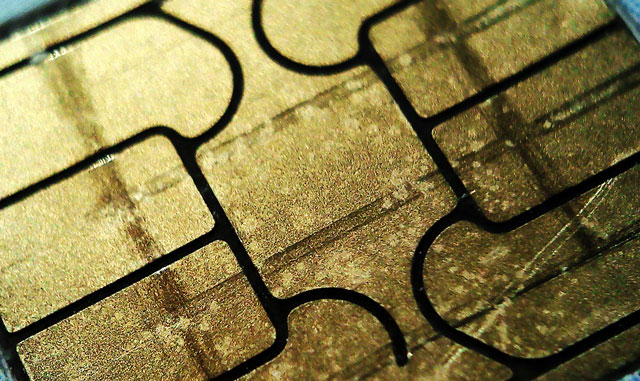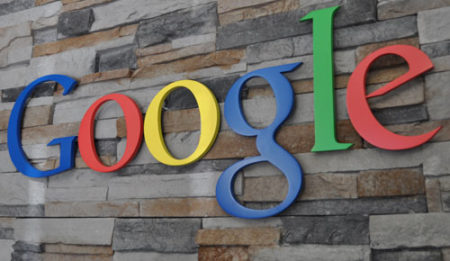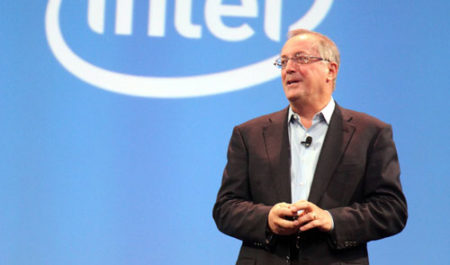Google recently grabbed headlines with its US$3,2bn acquisition of home automation company Nest Labs. The deal is the second biggest in Google’s history, after the $12,5bn it splashed out for Motorola Mobility in August 2011. But why did it buy it? Nest Labs designs and manufactures Wi-Fi-enabled
Browsing: Motorola Mobility
Finish mobile device manufacturer Nokia has lost out to Apple in the fight to decide on a new standard for Sim cards. Other competitors included BlackBerry-maker Research in Motion and Google’s recent acquisition, Motorola Mobility. The hope is that smaller Sim cards will allow for better use of
Go ahead, but we’re watching you. That, in effect, is what competition authorities in America and the European Union told Google on 13 February. Last August, the search engine giant agreed to buy Motorola Mobility, a maker of mobile phones with 17 000 issued patents and 6 800 pending, for $12,5bn. Neither
Chip-maker Intel, which has struggled historically in the mobile phone semiconductor market, last week unveiled a number of advancements across its smartphone business, including a deal with Motorola Mobility and a new handset by Lenovo based on the company’s new Intel Atom processor platform
There’s a wave coming. Its first eddies were felt almost a decade ago, and by now it has already engulfed some outlying regions. But the general public has been largely unaware of its approach. Until now. I’m talking about the arrival of fully
The Economist recently commented on the US$12,5bn bid by Google to acquire Motorola Mobility, the search giant’s biggest-ever deal. The magazine noted that the attraction for Google is not principally Motorola’s 19 000 employees, or even its 11% share of the US
The patent wars in the technology industry are intensifying. Google’s proposed US$12,5bn acquisition of Motorola Mobility is regarded as a defensive move by the search giant to buy up a patent portfolio to protect itself from companies like Apple that are
No matter how you look at it, twelve and a half billion US dollars is a lot of money. Sure, in the billionaire playground of Silicon Valley that’s merely a medium-sized company, but in the real world it’s the GDP of Botswana. So when Google
After a brief sojourn, TechCentral’s podcast is back with an information-packed show. This week, your hosts Duncan McLeod and Craig Wilson talk about Google’s US$12,5bn acquisition of Motorola Mobility and consider the implications for the ongoing software
No one saw this coming. Google on Monday said it would buy Motorola Mobility for US$40/share, or $12,5bn, a premium of 63% to the share’s closing price on Friday. The transaction was unanimously approved by the boards of directors of both companies. In a blog post










